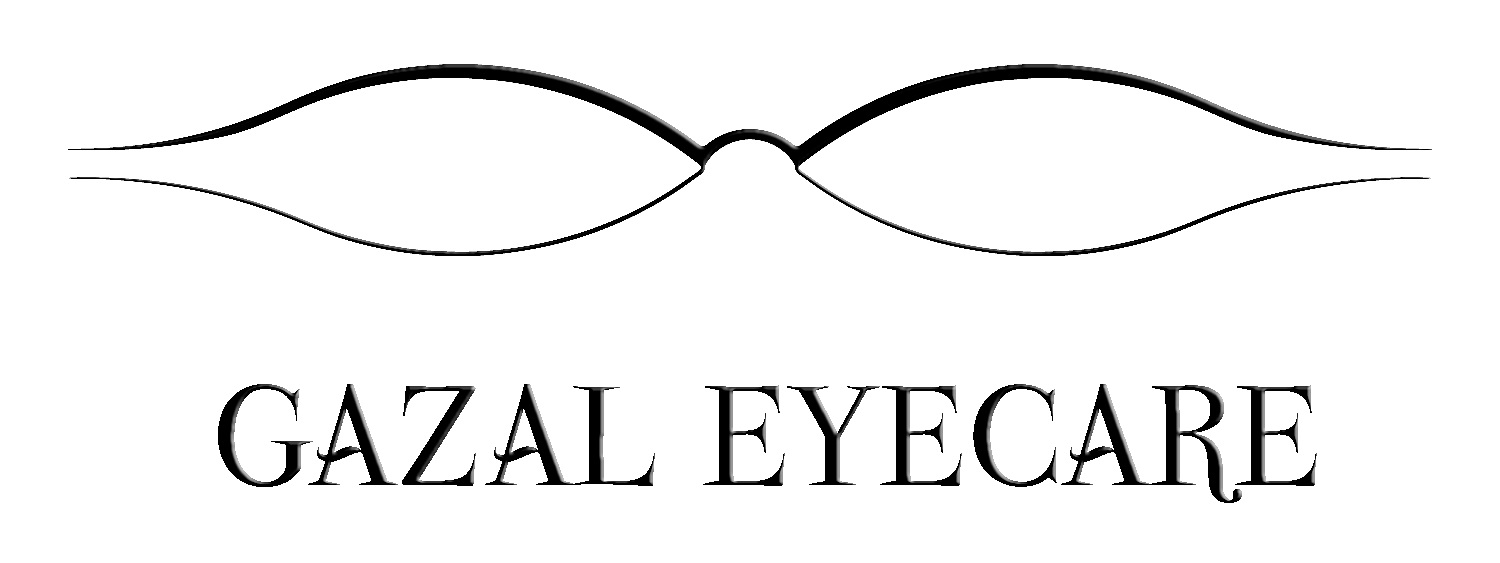What is a Retinal Photo? Fundus Photography - Eye Care Treatment
"Discover the Magic of Retinal - Fundus Photography!
Have you ever marveled at the wonders of modern technology during your annual eye checkup? Now, there's an innovative tool that offers an unprecedented glimpse into the inner workings of your eyes and vision. Enter retinal photography.
Here at Gazal Eyecare, we're proud to offer this cutting-edge service as part of your comprehensive yearly eye examination. But what exactly does this remarkable service entail? Delve deeper into the world of retinal photography and uncover the invaluable insights it provides for your eye health and overall well-being. Embark on a journey to visual clarity and understanding today!"
Retinal Imaging
Part of Your Yearly Eye Examination
What is retinal photography?
Fundus photography is a specialized imaging technique used to capture detailed images of the back portion of the eye, known as the fundus. The fundus includes structures such as the retina, optic disc, macula, and blood vessels.
During a fundus photography procedure, the patient's pupils are dilated to allow optimal visualization of the fundus. A fundus camera, equipped with specialized lenses and lighting systems, is then used to capture high-resolution images of the interior surface of the eye. These images provide valuable information for diagnosing and monitoring various eye conditions, including diabetic retinopathy, macular degeneration, glaucoma, hypertensive retinopathy, and other retinal disorders.
Fundus photography is a non-invasive and painless procedure that plays a crucial role in the early detection, diagnosis, and management of eye diseases. The images obtained through fundus photography are often used by ophthalmologists and optometrists to track changes in the eye over time and to guide treatment decisions.
What can the Fundus Photos detect?
A retinal camera, also known as a fundus camera, is primarily used to capture detailed images of the back of the eye, including the retina, optic nerve, macula, and blood vessels. These images provide valuable information for diagnosing and monitoring various eye conditions. Some of the conditions that can be diagnosed or monitored using retinal camera images include:
1. Diabetic Retinopathy: Retinal cameras can detect signs of diabetic retinopathy, a common complication of diabetes that affects the blood vessels in the retina. Early detection and monitoring of diabetic retinopathy are crucial for preventing vision loss.
2. Age-related Macular Degeneration (AMD): Retinal camera images can help identify signs of AMD, a progressive eye disease that affects the macula, leading to central vision loss. Early detection is essential for managing AMD and preserving vision.
3. Glaucoma: Retinal imaging can assist in diagnosing and monitoring glaucoma, a group of eye conditions characterized by damage to the optic nerve. Changes in the appearance of the optic nerve head and retinal nerve fiber layer can be indicative of glaucoma.
4. Retinal Detachment: Retinal cameras can capture images of the retina to help detect retinal detachments, a serious condition where the retina pulls away from its normal position, potentially leading to vision loss if left untreated.
5. Hypertensive Retinopathy: High blood pressure can cause changes in the blood vessels of the retina, known as hypertensive retinopathy. Retinal camera images can reveal signs of vascular damage associated with hypertension.
6. Retinal Vascular Diseases: Retinal cameras can assist in diagnosing various retinal vascular diseases, including retinal vein occlusion and retinal artery occlusion, by visualizing abnormalities in the retinal blood vessels.
7. Retinal Tumors: Retinal imaging can help identify abnormalities such as retinal tumors, including melanomas and hemangiomas, by capturing detailed images of the retina.
These are just a few examples of the many eye conditions that can be diagnosed or monitored using retinal camera images. Retinal imaging plays a crucial role in early detection, diagnosis, and management of various ocular diseases, helping eye care professionals provide timely and effective treatment to preserve vision.







